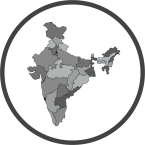Daanpatra's Journey So Far
Daanpatra's Journey So Far


Since its establishment in 2018, DaanPatra (a non-profit organization) has been dedicated to lending a helping hand to those in need. Throughout our journey, we’ve completed many milestones and made a positive impact on many people’s lives and we will keep doing such help for those who are in need. Here are some of the big things we’ve accomplished:
- We’ve helped countless individuals and families who needed support.
- We’ve provided help and awareness to young children struggling with drug addiction, helping them find employment opportunities.
- We’ve empowered beggars by bringing them into our ashram and offering them support and guidance.
Through education and guidance, we help teenagers break free from their addiction and steer their lives towards a positive direction
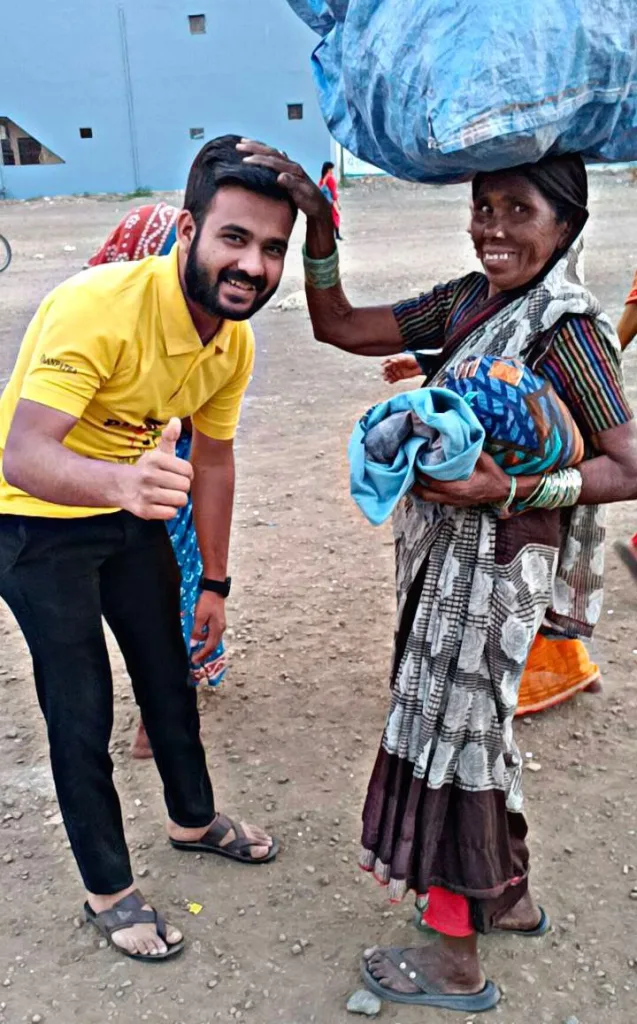

What We Do In DaanPatra?
Shelter to Homeless People
This initiative focuses on offering safe and secure housing to individuals who don't have a place to call home. By providing shelter, we aim to address the immediate need for housing while also offering support services to help homeless individuals transition to stable living situations.
Employment to Beggars
This effort involves offering job opportunities and training programs to individuals who resort to begging as a means of survival. By providing employment, we empower individuals to earn a livelihood with dignity and help break the cycle of poverty and dependency.
Medical Treatment Facilities
Our efforts are to offer medical treatments like free check ups, specialized consultations, and give help to beggars, underprivileged people in villages, etc people. We also organize medical camps and mobile clinics, especially in remote areas, and conduct awareness programs on disease prevention and hygiene.
Free Education to Women and Slum Kids
We understand the challenges faced by young children in slum communities, including the threat of drug addiction. Through our efforts, we have provided help and awareness to children struggling with drug addiction, guiding them towards rehabilitation and offering employment opportunities to support their journey to recovery.
Free Education to Women and Slum Kids
We understand the challenges faced by young children in slum communities, including the threat of drug addiction. Through our efforts, we have provided help and awareness to children struggling with drug addiction, guiding them towards rehabilitation and offering employment opportunities to support their journey to recovery.
Daanpatra Ashram
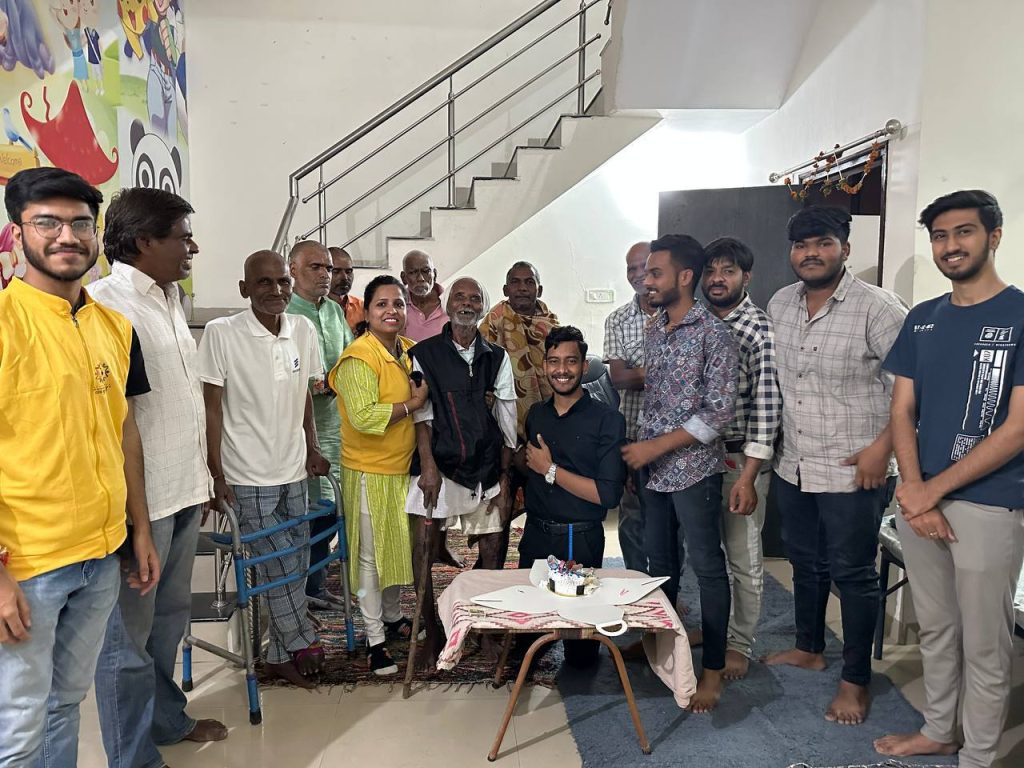


Daan Patra Ashram, also known as Daan Patra Old Age Home, is a caring place for elderly people without homes. It gives them care, respect, and help when they need it. The ashram wants to give safe and cozy places to stay for homeless old people, making sure they have a clean and safe home. They do this because they want to give elderly people a good life when they can’t take care of themselves. The ashram dreams of stopping old people from sleeping on streets and corners and is dedicated to giving them homes, food, and medical care. Old age homes like Daan Patra Ashram help elderly people who may be suffering from abuse, family problems, money issues, or health problems. They work hard to make life better for old people who need help.
If you need help or have questions, you can reach us at our helpline: 6263362660. Our ashram is at Village Ushapura, Tehsil Hatod District Indore, M.P. On Khasra No. 59/3/1. We’re working hard to help those who need it most. Come join us in our mission to give homeless people a better future at Daan Patra Ashram.
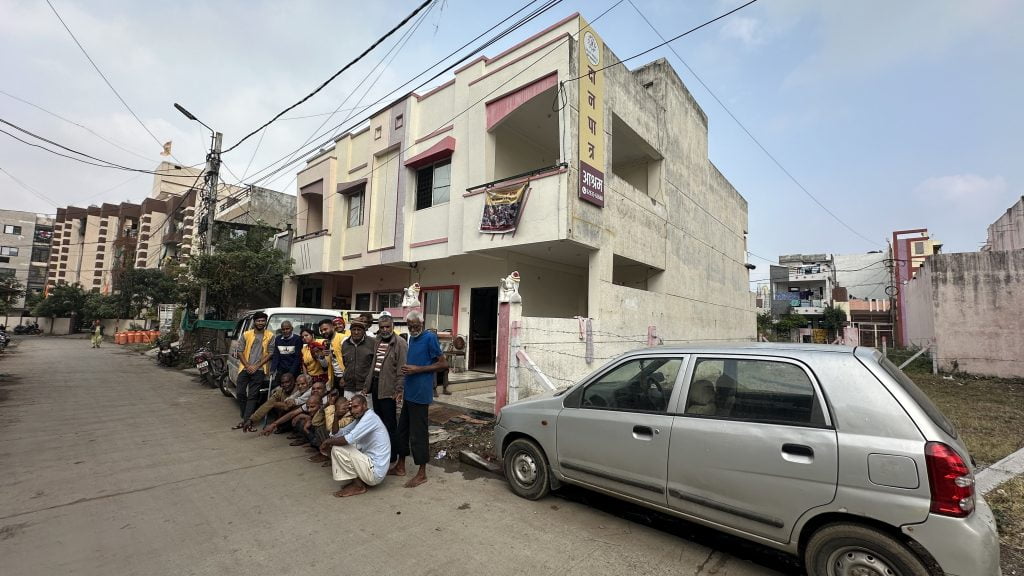

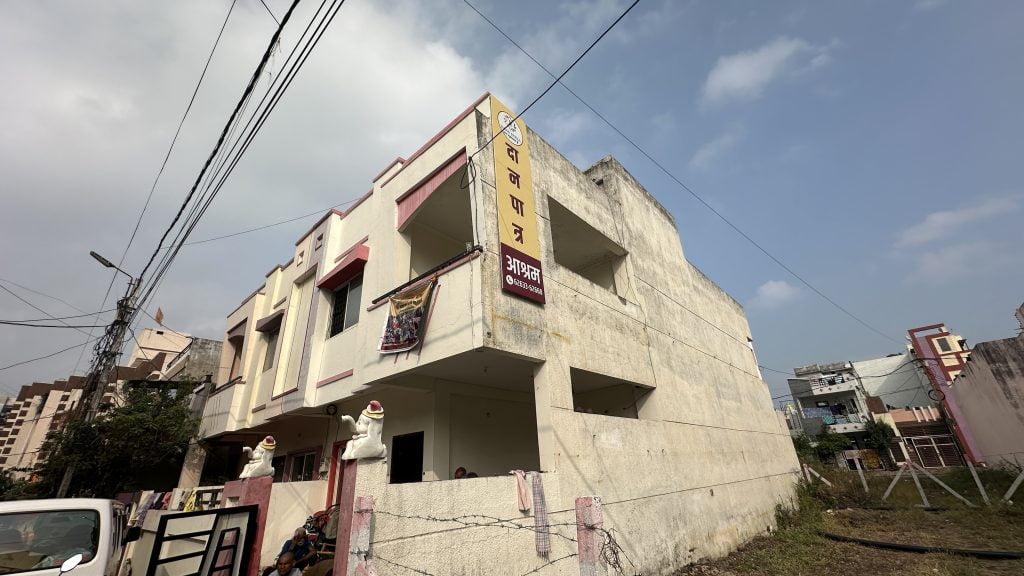




Campaigns
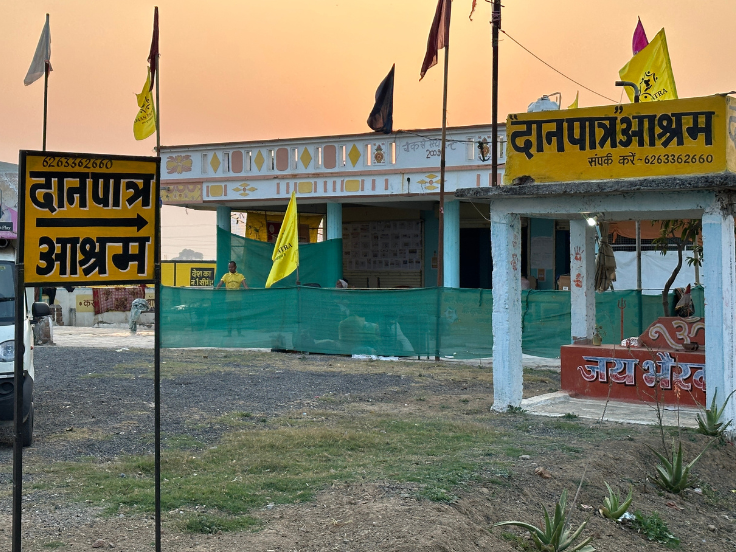

Light Up a Life Today
Your small act of kindness can light up someone’s life. Support our cause and help bring warmth, care, and hope to the homeless and those in need.


Let’s End Hunger of Homeless
Let’s make a difference with your contribution to our food donation campaign. Together, we can bring warmth and sustenance to those in need.
Records & Achievements
Over the years, we have achieved significant milestones, touching the lives of countless individuals and families in need. Here are some of our notable records and achievements
Impacting Lives


